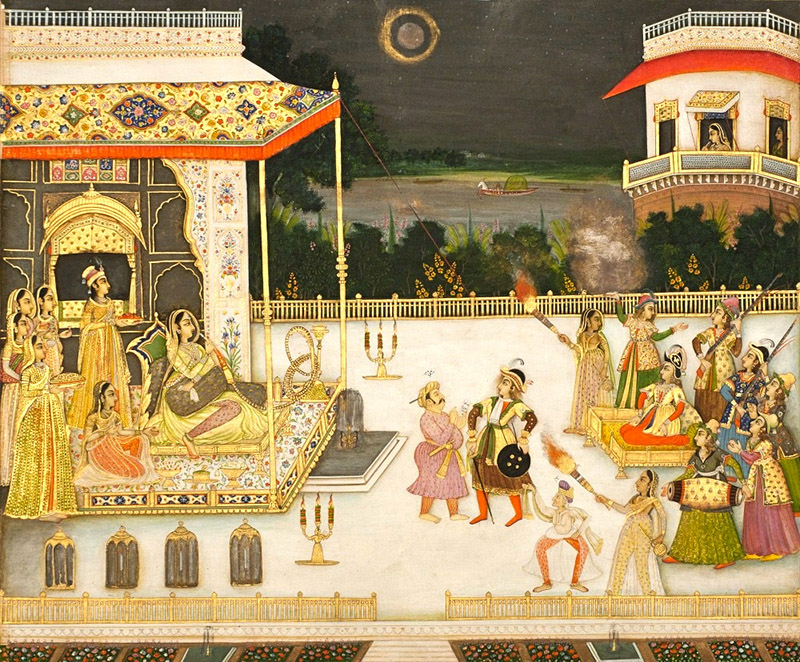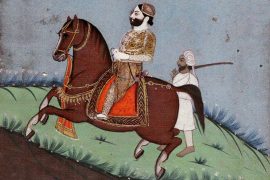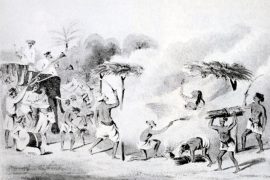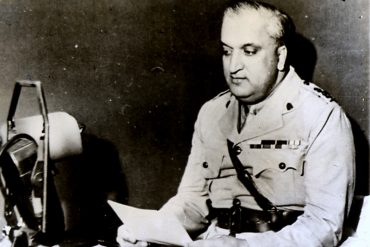November 10, 1819.
Nawab Nazar Mohammad Khan of the Kingdom of Bhopal was having a good year. He had recently signed a deal with the East India Company that guaranteed his title as Nawab, and the protection of the British. After years of uncertainty, his legacy as Nawab was secured, and his wife, Qudsia, was pregnant with his second child. It was time for a break and so he took his eight-month-old daughter Sikander to the Islamnagar Fort.There, his eight-year-old cousin, Faujdar Mohammad Khan, shot him dead, through the forehead. Some say it was an accident, others, a clever ploy of succession. Whatever it was, Bhopal State was thrown into chaos and apprehension. Would-be successors to the throne lined up at Nazar’s funeral – waiting for their moment.
The newly-widowed Qudsia had none of that. She took her veil off, shocking the audience, and, carrying her infant daughter, moved to the centre of the hall. The speech she gave is said to be one of her finest oratory moments – stating that Bhopal could only survive through unity, surrounded as it was by enemies. She then read out the deceased Nawab’s will to the audience. His eldest daughter, Sikander, would be the Queen when she reached maturity; Qudsia being the Regent until then.
It was not the first time a woman would rule Bhopal. From the early days of Bhopal State, the Rajput wife of the first Nawab Yar Mohammad was the ruler in all but name. For the ‘Begum Nawabs’ of Bhopal, power was only partly due to a succession line comprised only of daughters; the Begums had to fight and prevail over many men in order to hold the throne. The effect was that for 157 years of Bhopal’s 241-year-span, women either ruled or held the most power in the region.
Copyright©Madras Courier, All Rights Reserved. You may share using our article tools. Please don't cut articles from madrascourier.com and redistribute by email, post to the web, mobile phone or social media.Please send in your feed back and comments to [email protected]











